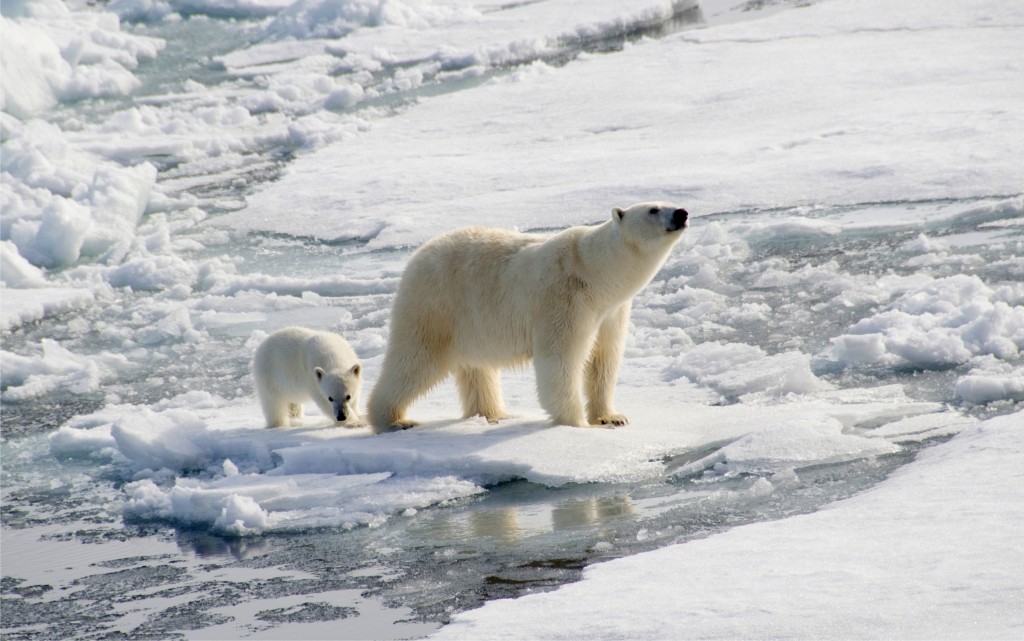by J. Trennert, Apr 8, 2022 in ClimateChangeDispatch
If you can afford a Tesla, you probably find it hard to imagine that there are some 3.5 billion people on Earth who have no reasonably reliable access to electricity.
Even less obvious may be the way rich countries’ pursuit of carbon neutrality at almost any cost limits economic opportunities for the world’s poor and poses serious geopolitical risks to the West. [bold, links added]
Anyone on an investment committee has likely spent untold amounts of time discussing ways to mitigate the impact of climate change, but they’ve likely never heard anyone state one simple and incontrovertible fact: The widespread exploration and production of fossil fuels that started in Titusville, Pa., not quite 170 years ago has done more to benefit the lives of ordinary people than any other technological advance in history.
Before fossil fuels, people relied on burning biomass, such as timber or manure, which was a far dirtier and much less efficient source of energy.
Fossil fuels let people heat their homes in the winter, reducing the risk of death from exposure. Fossil-fuel-based fertilizers greatly increased crop yields, reducing starvation and malnutrition.
Before the advent of the automobile, the ability for many people to venture far from their hometown was an unfathomable dream.
Oil- and coal-burning transportation opened up access to education, commerce, professional opportunities, and vital services such as medicine.
There has been, and remains, a strong correlation between the use of fossil fuels and life expectancy.
…

